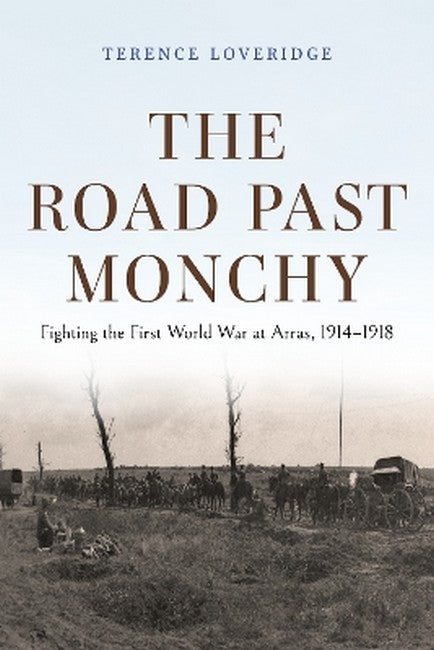Terry Loveridge is a retired professional soldier, who make his home in Kingston, Ontario, Canada. His 40 years in uniform included service as an infantry officer; Chief Instructor of the Canadian Army Tactics School; Strategic Concepts Officer at NATO Headquarters, Virginia; Assistant Professor of History at the Royal Military College of Canada; and Visiting Defense Fellow at Queen's University, Kingston. He has served in most of the "intervening levels" of the military and has the scars and bruises to prove it.
Request Academic Copy
Please copy the ISBN for submitting review copy form
Description
Preface Acknowledgements Author's Note Dramatis Personae Maps Introduction Act I: Maneuver 1. Demolish All Creation, 1914 2. Handfuls of Straw, 1915 Act II: Wearing-Out Battle 3. The Amateurs, January-July 1916 4. Recalibration, November-December: 1916 5. The Right Way, January-February 1917 6. Preparing the Men, March, 1917 7. Preparing the Field, 1-7 April 1917 8. Easter, 1917 9. Damned Hard Luck, 10-11 April 1917 10. A Strange and Tragic Drama, 11-12 April 1917 11. Topsail, 13-14 April 1917 12. Worse Exists, 16 April-31 December 1917 Act III: Climax 13. Grognards, 21 March-18 Jul 1918 14. War Become Eternal, 21-25 August 1918 15. Something Great and Terrible, 26 August 1918 16. What Can Be Accomplished, 27-28 August 1918 17. After Appendix: Military Structures Notes Bibliography
"Focusing on just one part of the 'Old Front Line' near Arras, The Road Past Monchy is a remarkable and moving story of one small place and all the men and women that passed through it over the course of four terrible years."-Nick Lloyd, King's College London, author of Passchendaele: A New History "The typical view of World War I on the Western Front is one of loyal and long-suffering soldiers, callous, uncaring generals and fiendishly effective defensive weapons such as the machine gun and poison gas. InThe Road Past Monchy, Loveridge takes a relatively unstudied portion of the front line and argues the conduct of soldiers and leaders was much more dynamic than the accepted wisdom."-Warfare History Network

